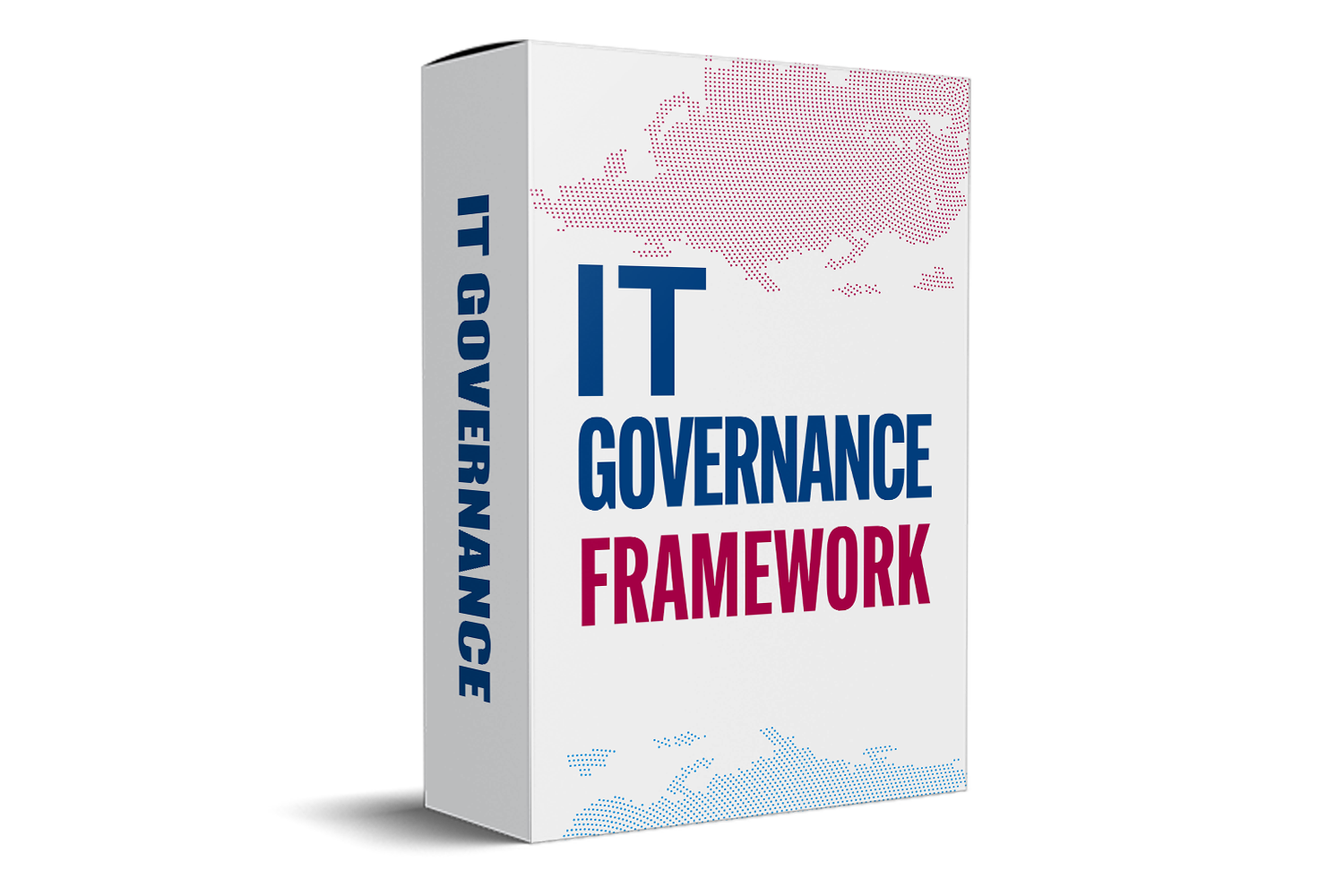Improving Business Efficiency: The Power of Professional Internal Audit Services
Introduction
Internal audit services are an essential component of any organization's risk management strategy. They play a crucial role in ensuring compliance with regulations, identifying and mitigating risks, and improving operational efficiency. Internal auditors provide independent and objective assessments of an organization's internal controls, governance processes, and risk management practices. Whether you are a small business or a large corporation, understanding the value and benefits of internal audit services is crucial to maintaining a healthy and resilient organization. Organizations rely on internal auditors to help them identify and mitigate risks, improve operational efficiency, and enhance overall governance.

Different Types of Internal Audit Services
Each type of service focuses on different aspects of internal controls and processes, providing valuable insights and recommendations for improvement. Let's explore some of the most common types of internal audit services.
1. Financial Audit: This type of internal audit service focuses on examining an organization's financial statements, including its books, records, and financial transactions. The objective of a financial audit is to ensure the accuracy and reliability of financial information, compliance with applicable laws and regulations, and the appropriate safeguarding of assets.
2. Compliance Audit: Compliance audits are conducted to assess an organization's adherence to laws, regulations, policies, and procedures. The goal of a compliance audit is to identify any violations or deviations from established standards and recommend corrective actions to ensure compliance.
3. Operational Audit: Operational audits evaluate an organization's operational processes and procedures to identify opportunities for improvement, enhance efficiency, and reduce costs. These audits focus on key operational areas such as production, supply chain, human resources, and information technology.
4. Risk Management Audit: Risk management audits assess an organization's risk management practices to identify and evaluate potential risks and evaluate the effectiveness of risk mitigation strategies. These audits help organizations identify areas of vulnerability and develop strategies to proactively manage and mitigate risks.
5. Information Systems Audit: With the increasing reliance on technology, information systems audits have gained prominence. These audits evaluate the security, integrity, and availability of an organization's information systems and data. This includes assessing the effectiveness of controls in place to protect the confidentiality and privacy of information, as well as evaluating the organization's ability to recover from unexpected system failures or data breaches.
6. Fraud Audit: Fraud audits are specifically focused on detecting and preventing fraudulent activities within an organization. These audits involve examining financial records, transactions, and processes to identify any signs of fraudulent activity, such as misappropriation of assets or financial statement manipulation. The aim of fraud audits is to enhance internal controls and develop strategies to prevent future instances of fraud.

Key Considerations When Choosing an Internal Audit Service Provider
By entrusting this crucial function to external experts, companies can reap numerous advantages that contribute to their overall success. Let's explore the benefits of outsourcing internal audit services in points:
1. Access to Expertise: Outsourcing internal audit services provides organizations with access to a pool of highly skilled and experienced professionals. These experts bring specialized knowledge and a fresh perspective that can identify and address areas of improvement in the company's operations. Their expertise extends beyond traditional audit techniques, enabling them to deliver valuable insights and recommendations for enhancing efficiency and effectiveness.
2. Cost Savings: One of the primary benefits of outsourcing is cost reduction. Rather than hiring full-time internal auditors and investing in their training and development, outsourcing allows organizations to engage external firms on a contractual basis. This eliminates the need for continuous investments in salaries, employee benefits, and other operational expenses associated with maintaining an internal audit team. It also allows for budget flexibility, as companies can scale their audit requirements based on their current needs.
3. Enhanced Objectivity: An internal audit function must possess the necessary independence and objectivity to provide unbiased assessments. However, in-house audit teams may face challenges in maintaining this objectivity due to internal politics or conflicts of interest. Outsourcing circumvents these issues by introducing a third-party perspective that is free from biases or personal agendas, ensuring the integrity and reliability of audit findings and recommendations.
4. Focus on Core Competencies: By outsourcing internal audit services, companies can redirect their internal resources towards their core competencies and critical business functions. This strategy allows organizations to concentrate on value-added activities that drive revenue generation and strategic growth, while leaving the specialized and time-consuming task of internal auditing in the capable hands of external professionals.
5. Access to Innovative Tools and Technologies: Outsourcing firms often invest in the latest audit tools and technologies to streamline their processes and enhance audit quality. By engaging these external partners, organizations can leverage these advanced tools without the need for significant investments in infrastructure or software. This access to cutting-edge technologies can result in more efficient audit processes, improved accuracy, and better risk assessment.
6. Scalability and Flexibility: The demands for internal audit services can fluctuate over time. Outsourcing provides the flexibility to scale up or down the audit resources based on the organization's needs. This scalability ensures that the company always has adequate audit coverage without the burdensome fixed costs associated with maintaining an in-house team.
Conclusion
Internal audit services play a critical role in ensuring the efficiency and effectiveness of an organization's operations. They provide an independent and objective assessment of internal controls, risk management practices, and compliance with applicable laws and regulations. By engaging professional internal audit services, organizations can enhance their governance structures, mitigate risks, and improve overall performance. Contact us today to discuss how our internal audit services can benefit your organization. Internal audit services, companies can identify areas of improvement, detect and prevent fraud, and ensure operational efficiency.


